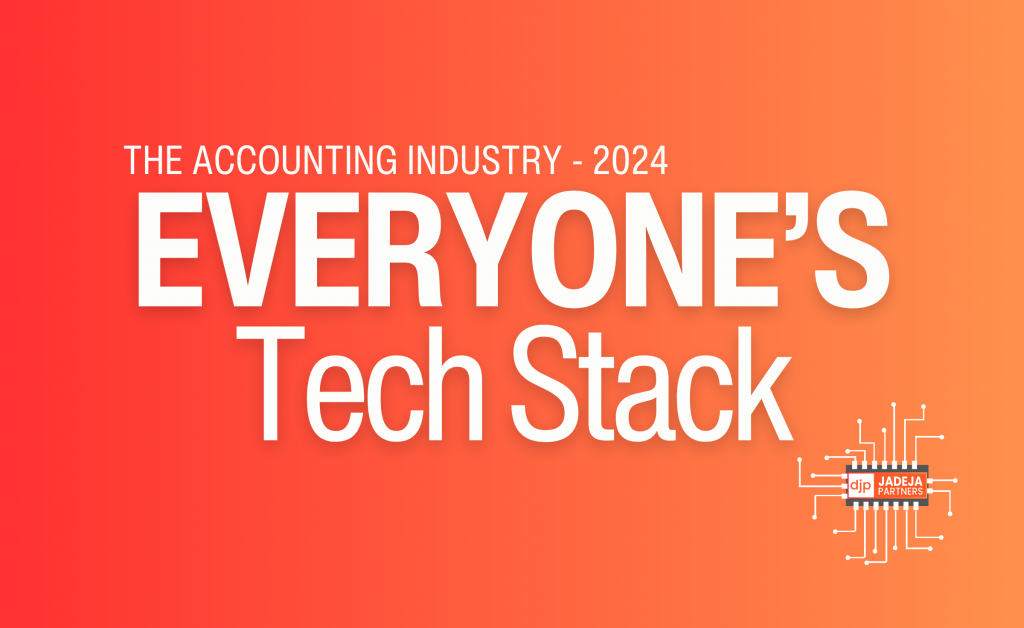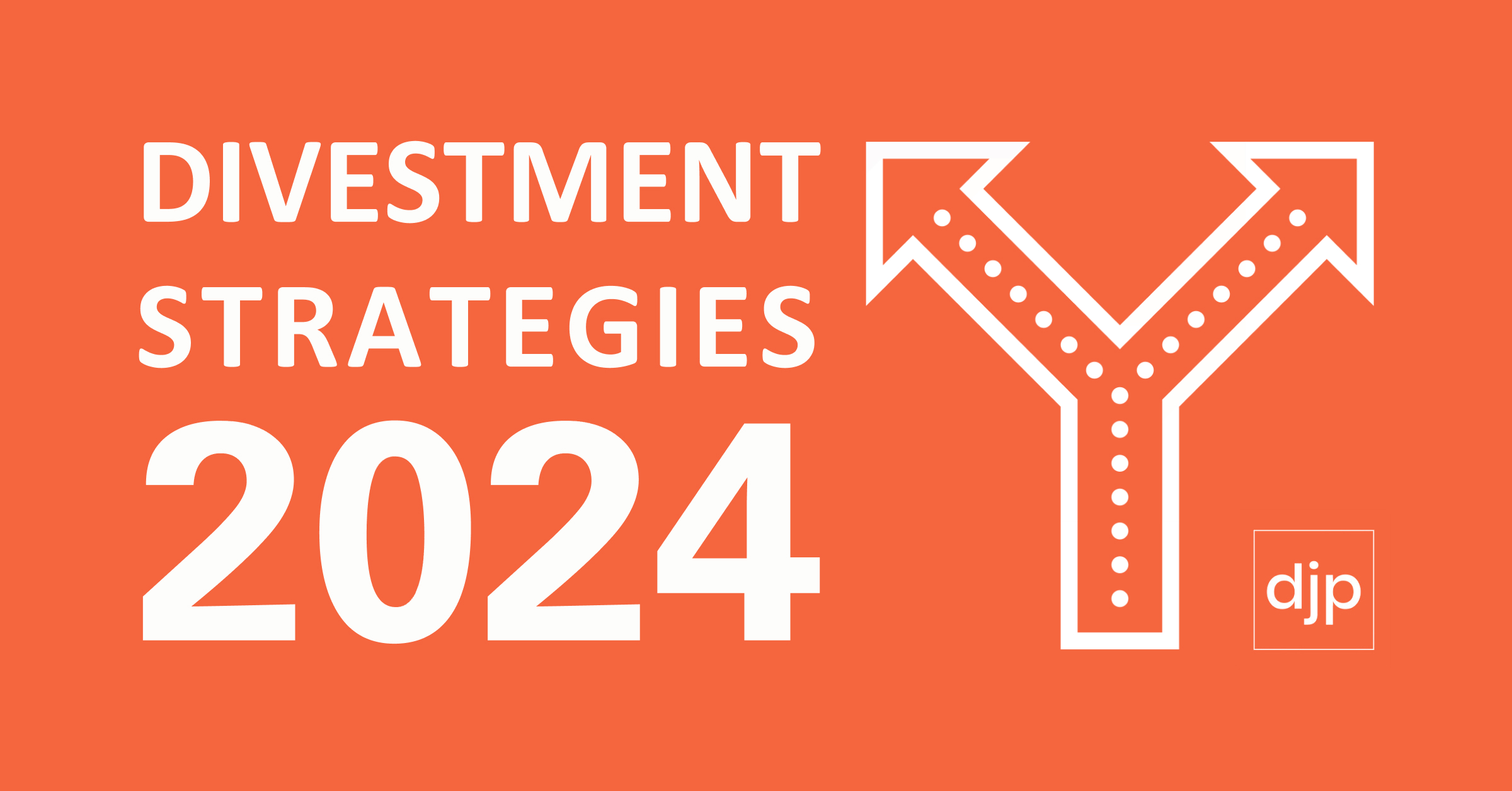How to add 20% to your practice value – the hook

What would you do if your new financial year started with one of your key staff walking out the door with $200,000 of your fees? Wouldn’t happen? I have seen it on many occasions. And while I lament the passing of the honourable handshake in business as much as the next person, I have to […]
What would you do if your new financial year started with one of your key staff walking out the door with $200,000 of your fees? Wouldn’t happen? I have seen it on many occasions. And while I lament the passing of the honourable handshake in business as much as the next person, I have to believe the evidence of my own eyes.
The question is, why is this happening? Because it can. Let me explain.
Accounting is still a relationship business. If your key staff have a stronger relationship with your client than you do, they can take them – unless you have a contract to prevent that from happening. And, in my experience, too few practices have contracts with their key staff.
As your Trusted Adviser, forever campaigning for you to maximise the value of your practice, I have to again ask: why? You are smart people; you want to sell your practice eventually and retire. So why no “key man contracts”? Let me share the reasons I have uncovered:
- The plumber’s pipes problem. You are too busy keeping your clients’ affairs in order to look after your own.
- You are on your knees when it comes to finding good staff. The last thing you want to do is scare them away with a contract that suggests they might steal your clients.
- You’ve had that kind of conversation before, and you’ve never felt more uncomfortable in your life.
The law is on your side, but the lawyers’ fees are not
A regional firm with $700,000 in annual fees approached me wanting to sell. I had a buyer, but before the deal got off the ground, it emerged that one key staff member wasn’t on a contract. That staff member found out about the sale and walked away with $200,000 in fees: over 28% of the practice. The deal was dead before it started.
The practice didn’t take any legal action. Increasingly, the courts are on the side of practices that suffer losses in this way. But the reality is that the time and cost of chasing the fees through the courts is prohibitive: value evaporates on both sides, and only the lawyers are happy.
It’s about the conversation, not the contract
Just before I share the good news, there is one more sad fact to relay: key person contracts are not about pieces of paper and signatures. Clients ask me if the solution to protecting their practice’s value is to get their lawyers to draft a contract and present it to their key personnel as a fait accompli. Answer? No.
What works is a staged process of conversations. The first stage is to encourage key employees to start thinking about their future and how it might relate to the future of the practice as a whole. The outcome of the three stages is that you will put a document before that says, ‘Listen, let’s be fair. If you do want to take my clients, fine – but you need to buy them.”
It’s time for a chat
Most accountants I know love a good chat with their key employees as much as they like having a tooth pulled without an anaesthetic. That is why I am going to outline the stages of the conversation for you. More than that, I’ve given you a rough script (link below) to follow that will make these conversations as smooth as a baby’s bum.
Stage one: The seed
Invite your key employee into your office and focus the chat on them. Frame it by saying, “I’m thinking about my life and this business and where I want it to go. I want to start by talking with people who are important to the business.”
Then ask them questions about their interests and goals: “So, what’s going on in your life, and where do you want to go?” Have an open-ended chat for about five minutes and leave it at that.
Stage two: The future
In the second stage, make your key staff feel that they’re involved in some of the decision making. Introduce external issues by saying something like, “This is what’s been going on with all the <Insert ‘YOUR’ Accountancy Body>, ATO, etc reviews. We are looking at what we have done and what we haven’t done. What do you think?” You put it back to these staff members again, asking for their input. Have one or two short sessions at this stage.
Stage three: The HR Protocol
Stage three is when the rubber hits the road. You produce the contract and say, “Well, I’ve also had to look at some of the HR side of our business, and these are factors we must make sure are marked off by everybody. We want to make sure the rules are standard across the board. Everybody signs these agreements within the business, including me, to ensure that when we get reviewed everything’s fine.” Now it’s time to introduce the specific restraint of trade clauses that prohibit them from taking your business.
It’s a change of culture, but it has a big payoff
I know what I am asking you to consider here: a big change to the way you work. It’s not so much the time involved for most of my clients, it’s the shock of realising we are all in a new world where these conversations must happen. It’s not the old days any more. You have to show your key staff you’re evolving as a human being and as a business leader.
The good news is this: your high-performing staff are expecting this conversation. They want to talk to you about the future. If you put it off, they will become disengaged. I’ve had clients who absolutely dreaded this conversation only to find a tangible fillip in the feeling of energy and excitement across their firm once they started them. Good staff stay with practices that have these conversations.
In summary
Break your strategy down into a three-stage process of conversations – about them, about the industry, about your business. Keep the meetings short and friendly and invite their input. You’ll add at least 20% to the value of your business in the process, retain key staff, and you’ll see productivity and engagement jump in the process.
Latest Posts
See all posts
Everyone’s Tech Stack 2024

2024 Divestment Strategies
